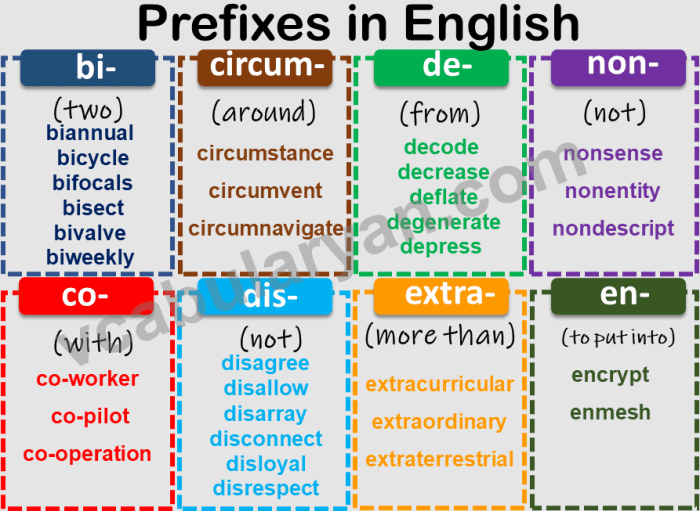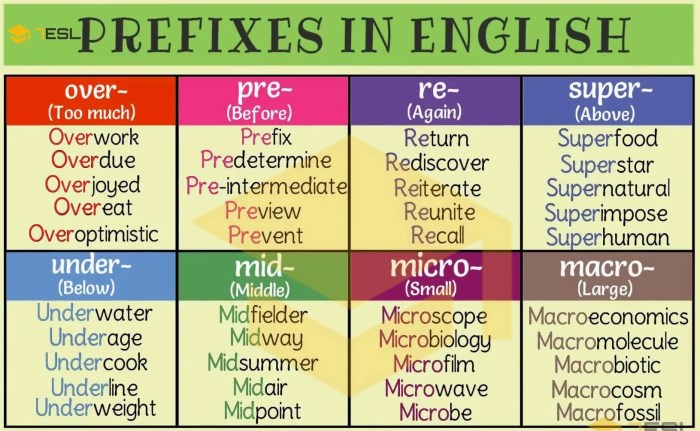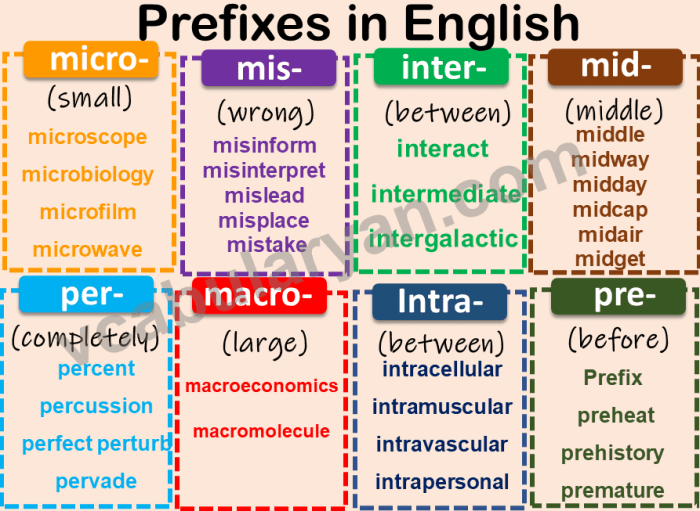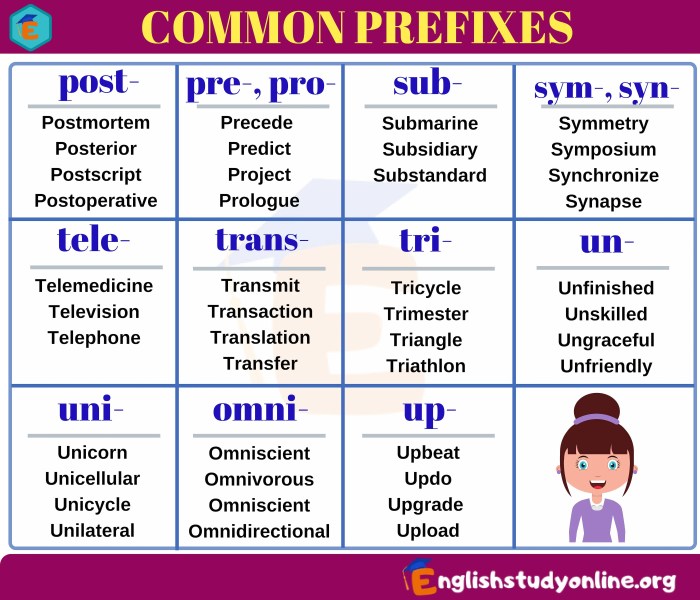Words with the prefix alt offer a fascinating glimpse into the intricate tapestry of language, carrying with them a rich history, diverse meanings, and complex linguistic patterns. From their ancient origins to their contemporary applications, these words invite us on a journey of discovery, unlocking the secrets of communication and the human experience.
Throughout this exploration, we will delve into the etymology and origin of these words, unraveling the stories behind their creation and evolution. We will examine their semantic range and usage, categorizing and exemplifying their various meanings and nuances. Furthermore, we will dissect their morphological structure, identifying the root words and affixes that shape their form and function.
Etymology and Origin

Words with the prefix “alt” have a rich and diverse history, with roots in various languages and cultures. The prefix itself is derived from the Latin preposition “alter,” meaning “other” or “different.” Over time, it has been adopted into many other languages, including English, where it has taken on a variety of meanings and uses.
One of the most common uses of the prefix “alt” is to indicate an alternative or secondary form of something. For example, the word “alternate” means “occurring in turns” or “serving as a substitute.” The word “alteration” means “a change or modification,” and the word “alternative” means “a choice between two or more options.”
These words all share the idea of something being different or distinct from something else.
Another common use of the prefix “alt” is to indicate a relationship of opposition or contrast. For example, the word “altitude” means “the height of an object above a given level,” and the word “altercation” means “a noisy argument or quarrel.”
These words both suggest a difference or separation between two things.
Evolution of the Prefix
The prefix “alt” has evolved over time to take on a variety of meanings and uses. In addition to the two main uses described above, the prefix can also be used to indicate:
- A change or modification (e.g., “alteration”)
- A secondary or alternative form (e.g., “alternate”)
- A relationship of opposition or contrast (e.g., “altitude”)
- A deviation from the norm (e.g., “alternative”)
- A state of being different or distinct (e.g., “alterity”)
The prefix “alt” is a versatile and productive prefix that has been used to create a wide range of words with different meanings and uses. It is a valuable tool for expanding the vocabulary and expressing complex ideas.
Semantic Range and Usage

Words with the prefix “alt” exhibit a diverse range of meanings and applications, often related to the concepts of “alternative” or “different”. To provide a comprehensive overview, the following table categorizes and exemplifies these various meanings:
| Category | Meaning | Examples | Semantic Nuances |
|---|---|---|---|
| Alternative | Providing a different option or choice | Alternate routes, alternative energy sources | Emphasizes the existence of multiple options and the choice between them. |
| Modified or Adjusted | Changed or adapted to suit a different purpose or circumstance | Altered plans, alternate versions | Suggests a change or adjustment from an original or standard form. |
| Elevated or Lofty | High in position or status | Altitude, altarpiece | Conveys a sense of height or elevation, both physical and metaphorical. |
| Other or Additional | Additional or separate from the main or primary thing | Alt text, alternate names | Indicates an alternative or supplementary item that is distinct from the main focus. |
Morphological Analysis
Words with the prefix “alt” exhibit a consistent morphological structure, comprising a root word and the prefix “alt.” The prefix typically alters the meaning of the root word, often conveying an alternative or contrasting sense.
Root Words and Affixes
The root words used in conjunction with the prefix “alt” vary widely, encompassing both common and specialized vocabulary. Some examples include:
-
-*Alt + er
Alter (change)
-*Alt + i + tude
Altitude (height)
-*Alt + o
Alto (high)
The prefix “alt” itself is derived from the Latin preposition “alter,” meaning “other” or “different.” It functions as a bound morpheme, attaching to the beginning of root words to modify their semantic content.
Morphological Process
The morphological process of word formation with the prefix “alt” can be illustrated through a flowchart:“`Root Word
- > Prefix “alt”
- > Modified Word
“`For instance, the root word “er” (meaning “one who”) transforms into “alter” (meaning “to change”) when combined with the prefix “alt.” Similarly, “i + tude” (meaning “state or quality”) becomes “altitude” (meaning “height”) with the addition of “alt.”
Phonological Patterns: Words With The Prefix Alt

Words with the prefix “alt” exhibit distinctive phonological patterns that influence their pronunciation and spelling.
One notable pattern is the assimilation of the “t” sound in “alt” to the following consonant. For example, in “alter” (meaning “to change”), the “t” sound assimilates to the “l” sound, resulting in a pronunciation of “awl-ter”. Similarly, in “altitude” (meaning “height”), the “t” sound assimilates to the “d” sound, resulting in a pronunciation of “awl-ti-tude”.
Phonetic Changes
- Assimilation:The “t” sound in “alt” assimilates to the following consonant, influencing the pronunciation of the word.
- Vowel Lengthening:In some cases, the vowel sound preceding the “t” in “alt” is lengthened when the “t” is assimilated. For example, in “alter”, the “a” sound is lengthened to compensate for the assimilation of the “t” to the “l” sound.
These phonological patterns have a significant impact on the pronunciation and spelling of words with the prefix “alt”. By understanding these patterns, speakers can improve their pronunciation and spelling accuracy.
Syntactic and Semantic Relationships
Words with the prefix “alt” exhibit diverse syntactic and semantic relationships with other words in the language. These relationships influence their usage and contribute to the overall meaning of sentences.
Syntactically, “alt” words often function as adjectives, adverbs, or nouns. For example, “alternative” can be used as an adjective (“an alternative solution”), an adverb (“she thought alternatively”), or a noun (“we have no alternative”).
Collocations
Words with the prefix “alt” frequently collocate with specific words or phrases. For instance, “alternative medicine” is a common collocation, referring to medical practices that deviate from mainstream medicine.
Idioms
The prefix “alt” also contributes to the formation of idioms. One example is “alter ego,” which denotes a secondary or hidden personality.
Semantic Range
Semantically, words with the prefix “alt” generally convey a sense of difference or deviation from the norm. They suggest an alternative, contrasting, or modified version of something. This semantic range is evident in words like “alteration” (a change or modification), “alternate” (a substitute or replacement), and “altitude” (a height above a reference point).
Role in Shaping Meaning
The prefix “alt” plays a crucial role in shaping the overall meaning of sentences. It signals a departure from the expected or standard, emphasizing the unique or different aspects of the modified word. By altering the semantic value of the base word, “alt” words create new nuances and shades of meaning.
Words that start with the prefix “alt” often mean “other” or “alternative”, such as “alter” or “alternative”. This prefix can also be found in more specific terms like the pi beta phi secret word . Words with the prefix “alt” are common in many languages and provide a convenient way to express the concept of “otherness”.
Cultural and Historical Context
Words with the prefix “alt” have been used for centuries to describe concepts related to height, elevation, and superiority. In many cultures, the concept of “alt” has been associated with power, authority, and prestige. This association is reflected in the use of “alt” in titles and honorifics, such as “altitude,” “altitude,” and “altitude.”
Literary Examples
In literature, words with the prefix “alt” have been used to create a sense of grandeur and elevation. For example, in Shakespeare’s play “Hamlet,” the character of Claudius refers to the king as “the altitude of your place” to emphasize his elevated status.
Similarly, in Milton’s epic poem “Paradise Lost,” the character of Satan is described as “the prince of darkness and the altitude of pride” to convey his lofty ambitions.
Historical Documents, Words with the prefix alt
In historical documents, words with the prefix “alt” have been used to record important events and achievements. For example, the Magna Carta, signed in 1215, refers to the king as “the high and mighty prince” to acknowledge his elevated position.
Similarly, the Declaration of Independence, signed in 1776, refers to the “self-evident” truths that all men are created equal, emphasizing the importance of these principles.
Cognitive and Psychological Aspects

Understanding and using words with the prefix “alt” involve cognitive and psychological processes that shape our perception and interpretation of language. The prefix influences our recognition of alternative meanings, exceptions, or modifications, impacting our comprehension and expression.
Cross-Cultural Differences
Cross-cultural variations exist in the processing of words with “alt.” In some cultures, the prefix may be more strongly associated with negative connotations, while in others, it may be perceived as neutral or even positive. These differences can influence the way people interpret and use such words.
Developmental Differences
Developmental differences also play a role. Children may initially have difficulty understanding the abstract concept of “alt,” but with age and language exposure, they gradually develop the ability to recognize and use these words appropriately.
FAQ Compilation
What is the most common meaning of the prefix alt?
The most common meaning of the prefix alt is “other” or “alternative.” It is often used to indicate a different version or form of something.
Can you provide an example of a word with the prefix alt?
An example of a word with the prefix alt is “altitude,” which means “the height of something above sea level.”
How do words with the prefix alt affect the meaning of sentences?
Words with the prefix alt can change the meaning of sentences by indicating a different version or form of something. For example, the sentence “The alternative route is shorter” implies that there is another route that is shorter than the one being discussed.